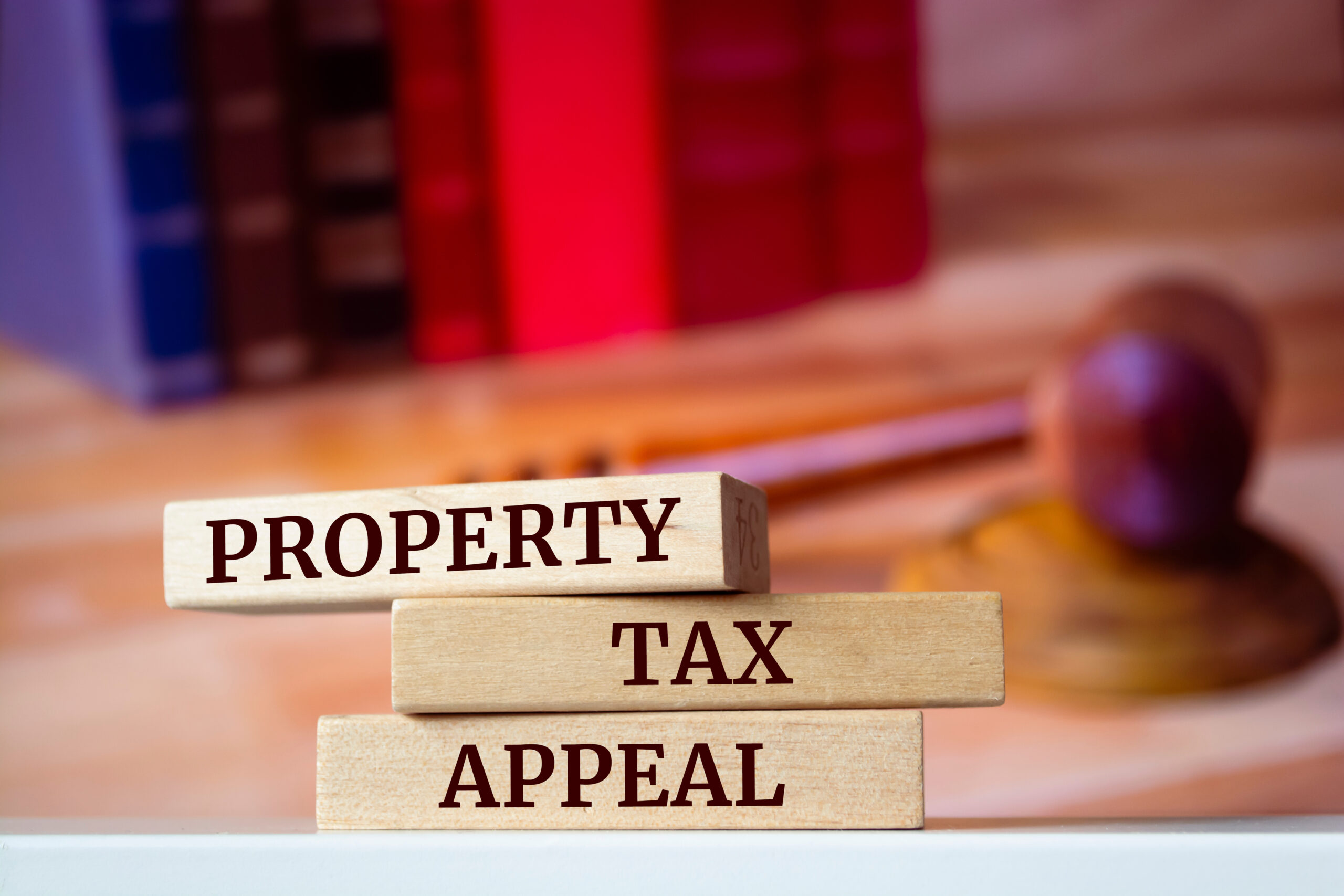Property owners in San Francisco have a right to appeal the assessed value of their properties within a certain window of time and may request tax exclusions when performing certain work. Typically, the Assessor determines the increased base year value for the portion of any taxable real property that is newly constructed. The value of the land would remain unchanged when there is new construction. However, the cost of some types of improvements, including seismic safety improvements and accessibility improvements, may be excluded from reassessment if a timely request is submitted.
Below is an overview of key deadlines and time frames to keep in mind, especially as the Regular Assessment Appeal Period is open now through September 16, 2024.
Key Appeal Deadlines for San Francisco:
Regular Assessment Appeal Period Opened July 2
The open filing period for appealing 2024/2025 assessed property values began on July 2, 2024 and expires on September 16, 2024. No appeals may be filed after September 16, 2024. Note that the Assessment Appeals Board has 2 years from the date of a timely filed application to schedule, hear, and render a decision.
Supplemental and Escape Assessment Roll
Supplemental and Roll Correction assessment appeals are only accepted within 60 days after the date of the supplemental notice issued by the Assessor, and Escape assessment appeals are only accepted within 60 days of the issuance of the tax bill.
Exclusion Deadlines:
Seismic Safety Improvements
Under the Revenue and Taxation Code Section 74.5, a new construction exclusion may be requested for (1) seismic retrofitting improvements and (2) improvements utilizing earthquake mitigation technologies that are constructed or installed in existing buildings. To obtain the exclusion, the property owner must submit a completed BOE-64 form to the Assessor before or within 30 days after completion of the project.
Additionally, all documents necessary to support the exclusion must be filed by the property owner within 6 months after completion of the project. Failure to timely file the form and all necessary documents constitutes a waiver of the exclusion for that year. The exclusion expires upon a change in ownership of the property.
Accessibility Improvements
Section 74.6 of the Revenue and Taxation Code generally allows an exclusion for construction, installation, removal, or modification of a portion or structural component of an existing building or structure to the extent that it is done for the purpose of making the building more accessible to, or more usable by, a disabled person. To receive the exclusion, the property owner must notify the Assessor of its intent to use the exclusion before or within 30 days after completion of the project. All documents necessary to support the exclusion must be filed with the Assessor within 6 months after completion of the project.
Authored by Reuben, Junius & Rose, LLP Attorney, Kaitlin Sheber.
The issues discussed in this update are not intended to be legal advice and no attorney-client relationship is established with the recipient. Readers should consult with legal counsel before relying on any of the information contained herein. Reuben, Junius & Rose, LLP is a full service real estate law firm. We specialize in land use, development and entitlement law. We also provide a wide range of transactional services, including leasing, acquisitions and sales, formation of limited liability companies and other entities, lending/workout assistance, subdivision and condominium work.



